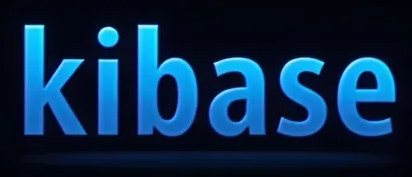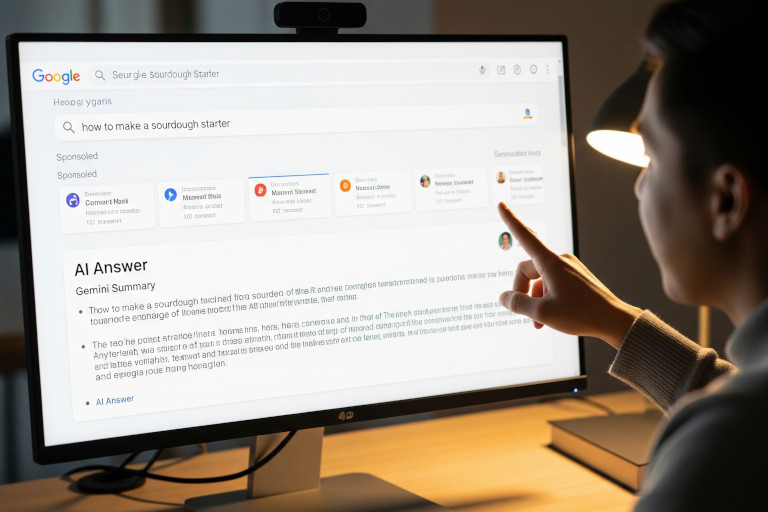What’s Going On
- Google’s AI Mode, based on earlier AI Overviews, is raising growing concern among publishers and SEOs. Critics say AI-generated answers pull user attention away from links, leading to fewer visits, clicks, and ad revenues.
Google response on SERoundtable - Studies and publisher reports suggest “zero-click SERPs” are rising: users often get the answer directly on the search page and don’t click further.
SevenAtoms analysis - Some publishers report dramatic traffic drops. AI Mode and Overviews allegedly reduced traffic by 30-80% for certain news and informational content.
The Guardian coverage
Publisher Concerns & Reactions
- Publishers demand transparency from Google about CTR (click-through rates) from AI Mode, how often sources are cited, and how content is surfaced.
Digiday - Independent publishers in the EU filed an antitrust complaint against Google, claiming AI Overviews misuse content and hurt revenues.
Reuters - SEO consultants warn that publishers relying only on clicks, not visibility within AI answers, will lose out as AI Mode expands.
Perrill
Early Data & Trends
- Analyses show CTR falling significantly on queries with AI Overviews. In some cases, clicks dropped from ~7.3% to ~2.6% on top results.
SevenAtoms - Publishers say impressions (results shown) often remain steady or even rise, but clicks drop sharply — answers appear directly in Google’s AI summaries.
Digiday - AI Mode is not yet fully rolled out globally. Current impacts vary by region and topic, but effects are pronounced in news, how-to, and info content.
SEO for Google News
Impacts on SEO / What Publishers Should Consider
- Traffic vs. Visibility: Being cited inside AI Mode answers often reduces losses. Content must be authoritative, well-structured, and clear.
- Zero-Click SERPs are here to stay: Rankings alone are no longer enough — publishers must aim for inclusion in AI summaries.
- Content Formatting: Use structured answers, Q&A blocks, definitions, and schema to be picked up in AI responses.
- Brand & Trust: Building credibility matters. If AI uses poor sources, user trust falls, which may affect rankings too.
- Diversification: Over-reliance on organic traffic is risky. Subscriptions, memberships, and direct engagement become vital.
Risks & Challenges
- Lack of metrics: Google offers little clear reporting on traffic lost to AI answers, leaving publishers guessing.
- Uneven impact: Large, authoritative brands fare better, while smaller sites take the hardest hits.
- User trust: Inaccurate or source-less AI answers may erode trust, impacting SEO and brand perception.
- Regulatory pressure: EU regulators are reviewing publisher complaints, with possible new rules on fair citation, compensation, and transparency.
Reuters
What’s Next / Outlook
- Publishers and SEO teams will test strategies to improve visibility within AI Mode, not just rankings.
- Tools to measure AI visibility (citations in summaries) will gain importance.
- Regulations or industry agreements may force platforms to provide better transparency or compensation.
- Google may adapt with more links, clearer attributions, or opt-out mechanisms in AI Mode.
Conclusion
The August 2025 debate on AI Mode and Overviews highlights a turning point for search. As traffic shifts from websites to AI summaries, publishers and SEOs face new challenges — and opportunities. Those who adapt quickly to optimize for AI-driven visibility, diversify income streams, and push for fairer regulation will be best positioned for the future.
Sources / Citations
- SEO for Journalism: Reactions to AI Mode
- Semrush: Study on AI Search & SEO Traffic
- Perrill: AI Mode & SEO Impact
- Digiday: Unclear AI Mode traffic impact
- SEO for Google News: Early AI Mode Thoughts
- Reuters: EU Antitrust Complaint
- The Verge: NMA calls AI Mode ‘theft’
- The Guardian: Study on traffic drops

